If Wash Had Lived in Serenity
Explores how "Serenity" might have changed if Wash lived—shifting its themes from sacrifice to resilience and offering a richer emotional resolution in the face of sci-fi’s harsh realities.
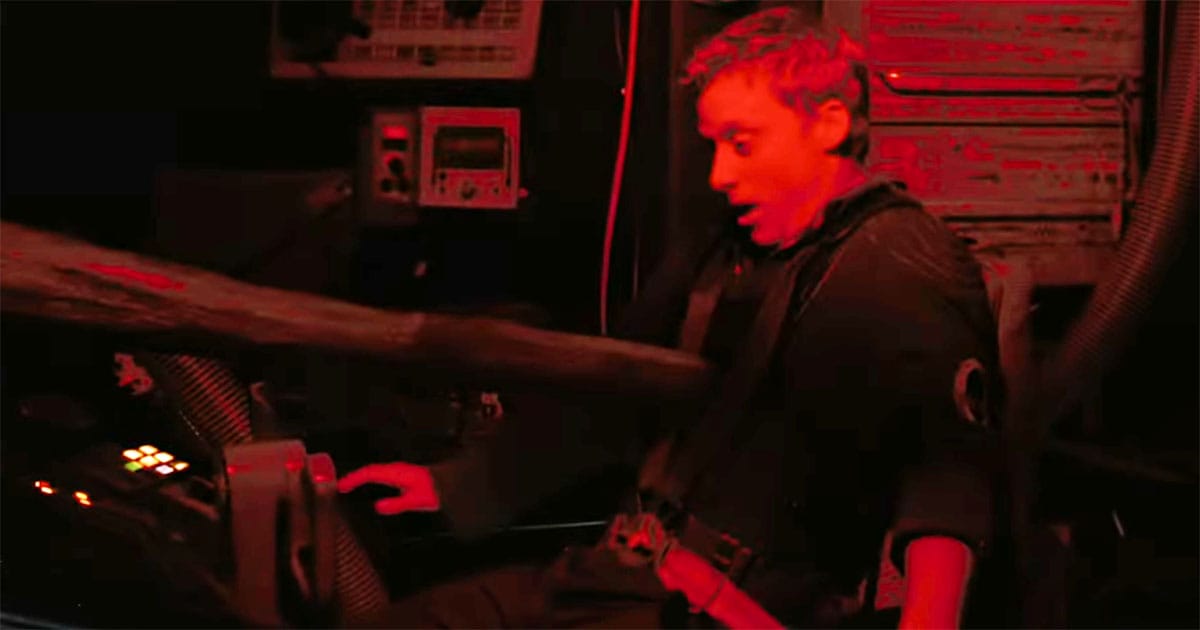
The ship doesn't land so much as it collides with destiny. In "Serenity," as the battered Firefly-class vessel pierces the atmosphere of Mr. Universe's station, the cockpit rattles with a violence that outmatches even the crew's seasoned nerves. Wash grips the controls with his jaw tight and eyes calm. He is doing what he does best and bringing his people home.
Outside the sky is chaos, flames trailing from damaged thrusters and smoke coiling through the ship's innards. There's a brief, almost sacred silence inside when Serenity thuds to a halt. Relief washes over the crew. Wash leans back and delivers his final line with a grin that feels earned.
Then it happens—sudden, sharp, and senseless. The harpoon impales him through the chest. No warning and no crescendo. Just steel, shock, and stillness.
It is the cruelest irony of space. Sometimes, the best pilot doesn't make it past the landing.
Why Wash Died
Joss Whedon is known for disrupting expectations. In "Serenity," the death of Wash is not simply a plot point—it is a calculated blow to the audience's trust in narrative convention. Science fiction often shelters its core ensemble in a protective halo. Whedon strips that illusion bare with one sharp, untelegraphed moment.
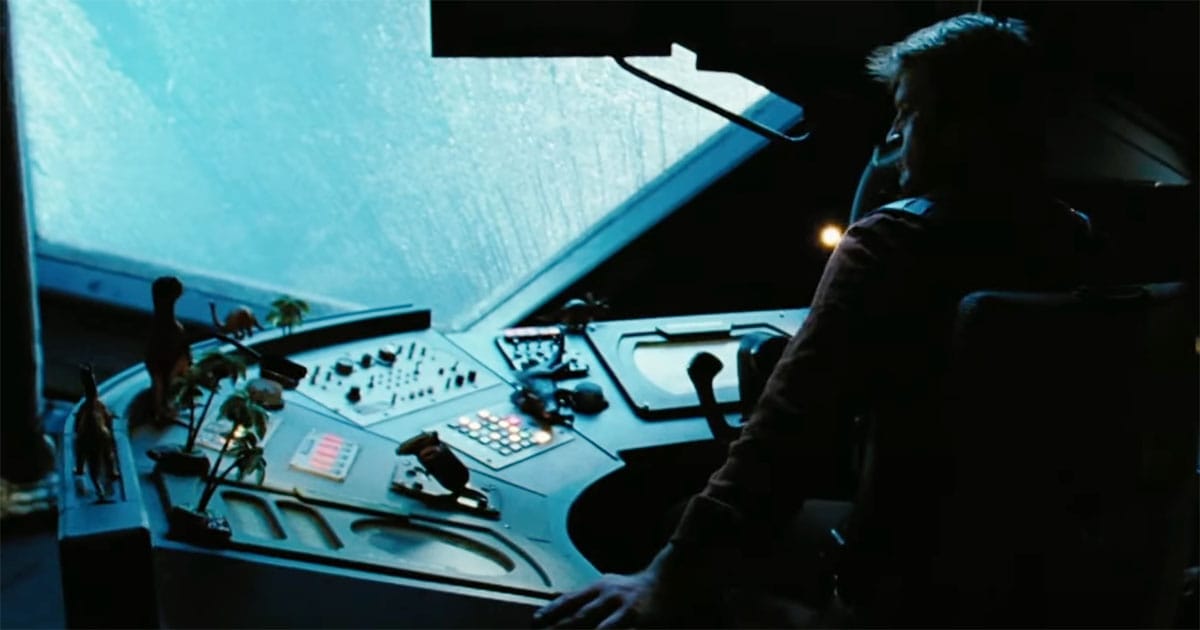
Wash's demise comes after he has successfully landed the ship. By all traditional metrics, his arc should have been safe. His task was complete. The ship was down. This is precisely why the impact is so potent. There is no warning, no swelling score. Only silence, then death. It is not a sacrifice. It is not heroism. It is randomness. And in that, it becomes terrifyingly real.
This narrative decision resets the stakes for everything that follows. As the crew enters the final stand against the Reavers, the viewer understands that anyone can fall. The comfort of invincibility is gone. What remains is courage without guarantees. That is Whedon's point. The 'Verse is not fair. It is not clean. And surviving it means carrying scars from those who do not.
Wash's death is not about him. It is about everyone left behind and the choices they must now make without him.
Alternate Storylines
Had Wash survived the Battle of Mr. Universe's station, the tone of "Serenity's" final act would have shifted dramatically. Not softened, but rebalanced. Wash had always been the heart of the crew—a man whose wit cut through the tension and whose calm steadied the chaos. His survival would not have robbed the story of weight. It would have given it a different kind of endurance.
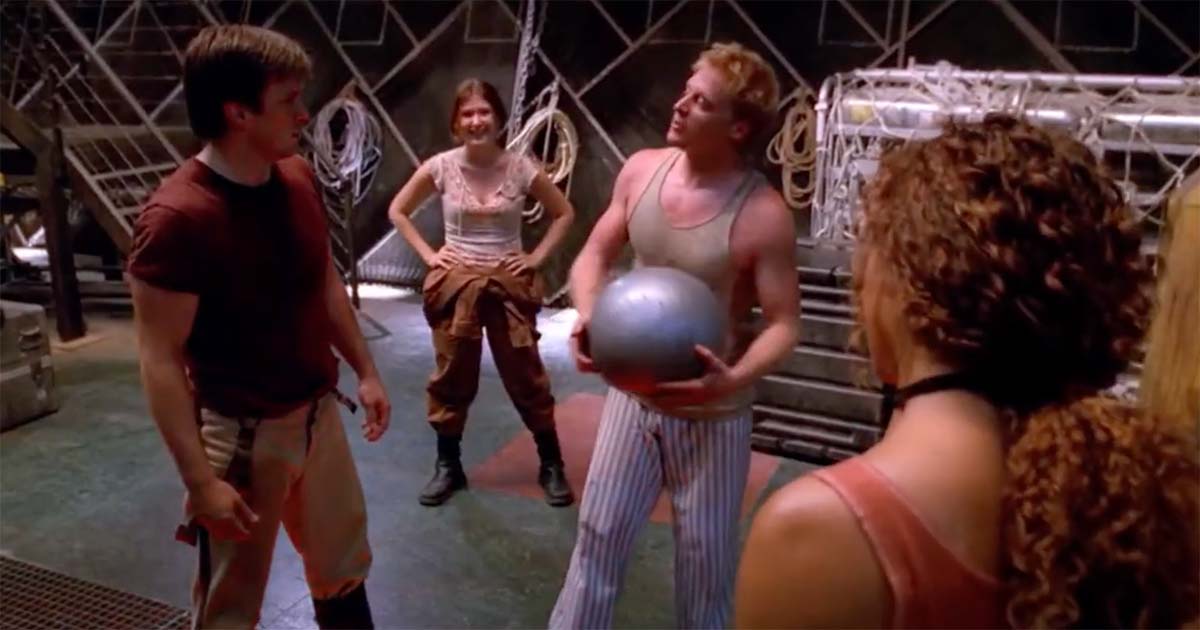
With the Alliance exposed and the Miranda secret broadcast, the crew stood on the edge of a new reality. A surviving Wash could have anchored that future. His marriage to Zoe, already one of the rare stable relationships in science fiction, would have deepened as they faced rebuilding together. The revelation in the comics that Zoe carried his child suggests a thread the film could never follow—a domestic future amidst the stars.
Wash's presence would also have changed the crew's chemistry. Mal and Zoe would remain warriors, but Wash would remain a reminder of what they were fighting for. He brought levity without undermining gravity, a trait few characters balance well. In peacetime or in pursuit, he was the compass that pointed home.
Fans have explored this survival in speculative fiction and fan-created narratives. Some depict Wash returning after a Reaver capture. Others show him staying behind to safeguard Serenity as the crew wages the final fight. In all versions, the key constant is emotional continuity. Wash surviving means someone still carries the old laughter, the easy faith, the simple joy of flight.
His survival would not have diminished the stakes. It would have shown that not every price must be paid in blood. Sometimes, science fiction earns its humanity by letting its best people live.
Survival's Meaning
Wash's survival would have subtly shifted the thematic balance of "Serenity." The film, as written, moves with a grim clarity toward sacrifice and confrontation. By removing a beloved figure just before the climax, Whedon tilts the emotional axis toward loss. If Wash had lived, the story would still carry risk and consequence—but it might also leave more room for recovery.
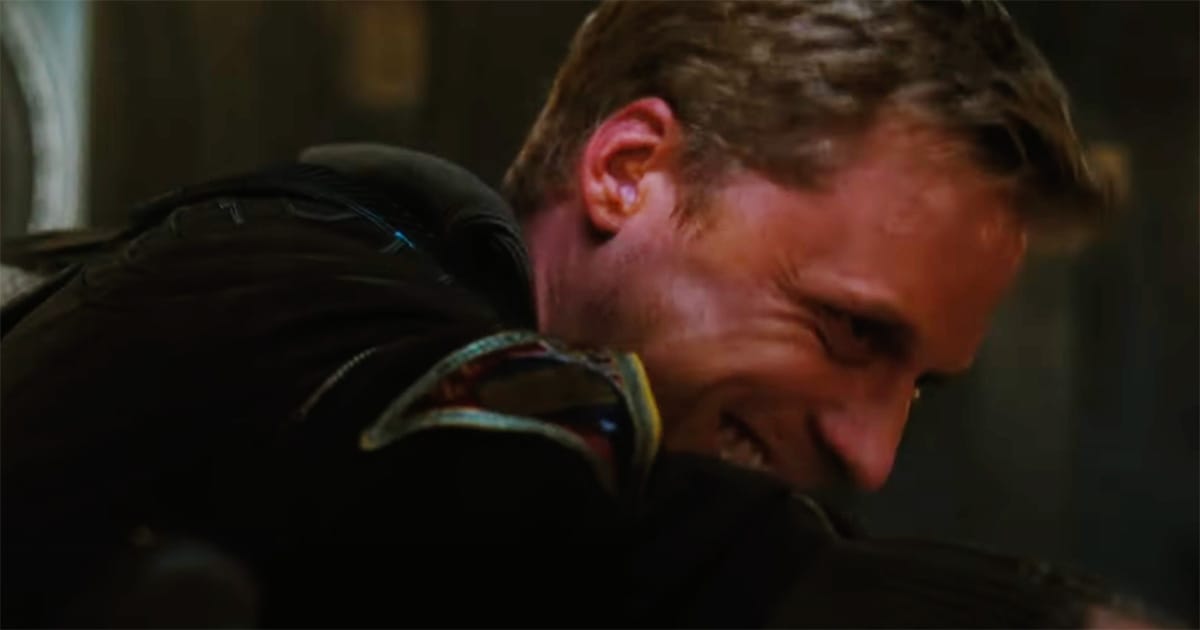
In classical science fiction, the tension between idealism and harsh reality often defines the arc of a story. Wash embodied the idealist. He believed in decency, in love, in the thrill of piloting a rust-bucket across the black. His death cuts that current. His survival, by contrast, would have allowed "Serenity" to explore endurance—not merely of the body, but of spirit and conviction.
Themes of regeneration and emotional rebuilding could have emerged more clearly in the final frames. The crew, bloodied but not broken, might have faced the future with more than just hard resolve. They could have carried with them a bit of joy, a flicker of the ordinary, a pilot cracking jokes while the stars slid by.
Science fiction often reaches for the mythic. Letting Wash live would have grounded the myth in something more rare—earned hope.
A Light Left On in the Dark
Sacrifice has always loomed large in space opera. From "Star Wars" to "Battlestar Galactica," the genre often demands a toll in blood to give weight to its victories. "Serenity" follows this tradition with the death of Wash—a moment that affirms the high price of defiance.
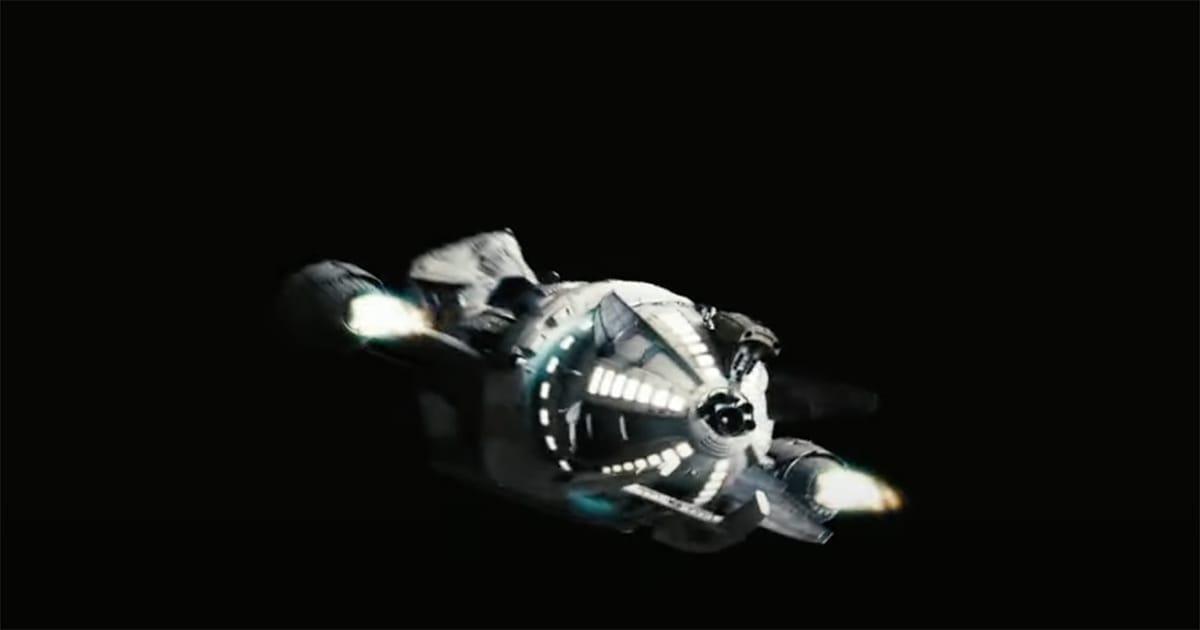
But sacrifice does not always mean loss. Had Wash lived, the film might have offered a different truth. Not a lesser one, but one shaped by healing rather than grief. His survival could have reminded us that endurance itself can be heroic, and that not every hero must fall to be remembered.
In choosing death, the story engraved pain into memory. In imagining survival, we glimpse what the narrative chose to leave behind—a quieter hope, a fuller future, a pilot still flying. Stories preserve what they value most. Sometimes, that means letting go. But sometimes, it means daring to hold on.

